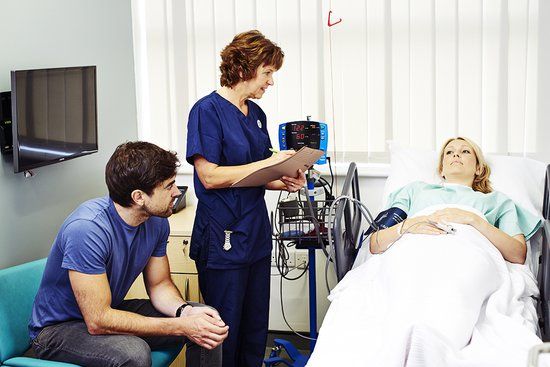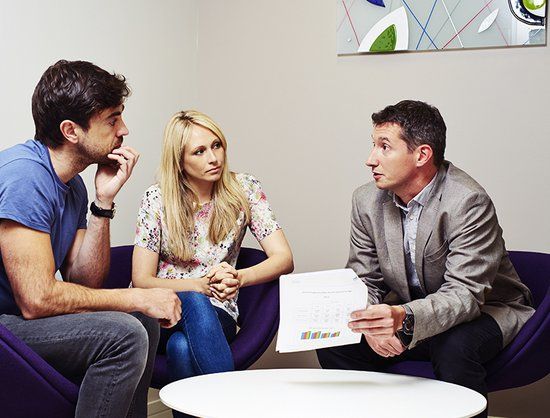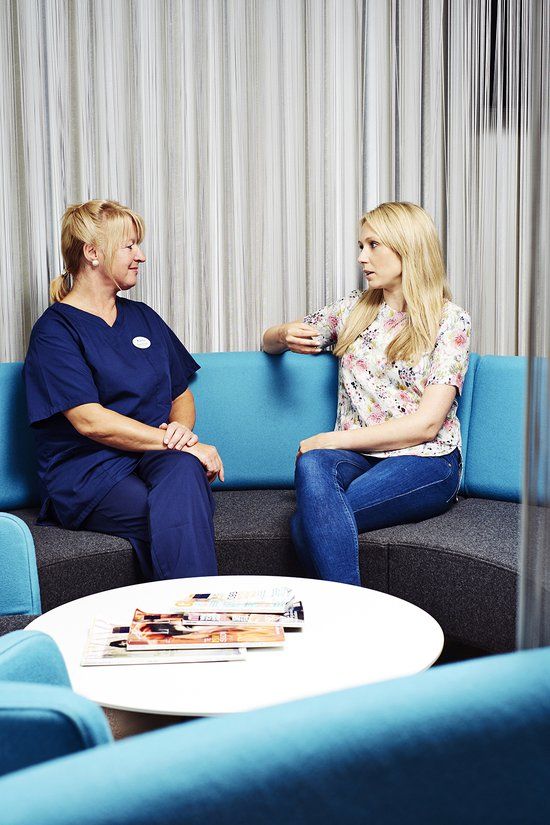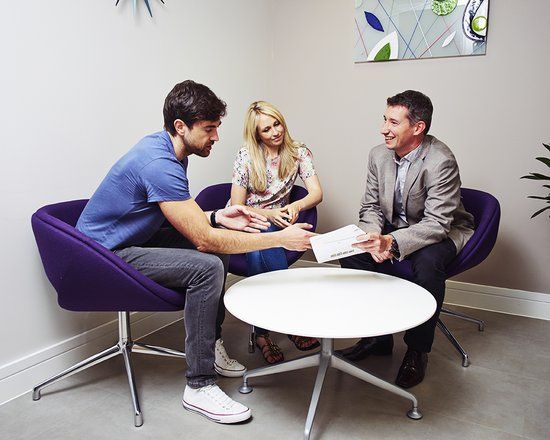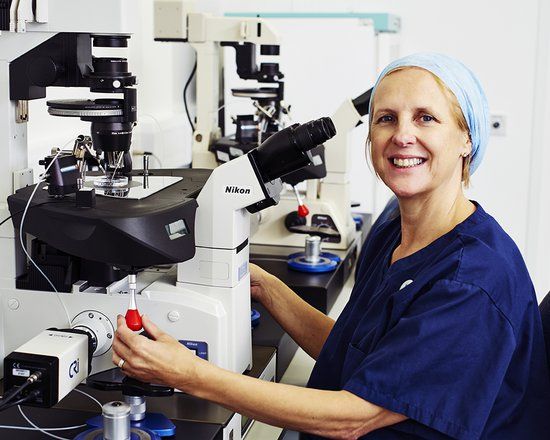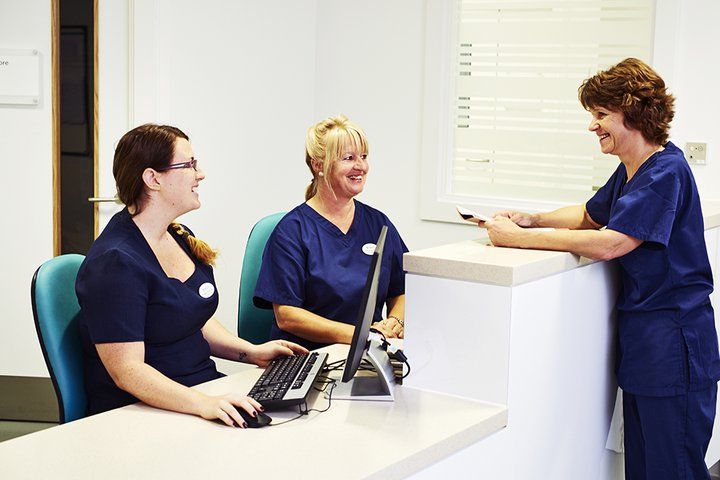
There have been many reports, including in the media, about low stimulation IVF, its success rates and apparent cheaper costs compared to standard IVF treatment.
So what is low stimulation IVF? It is simply when very low doses of fertility drugs are used in your IVF cycle instead of the usual doses to stimulate the ovaries. This differs from natural cycle IVF, which uses the mature egg you naturally release each month with no use of fertility drugs at all.
The issue with low stimulation IVF is that the number of mature eggs available for your cycle is typically reduced and often significantly. It is not unusual for there to be only one or two eggs at most. With so few eggs to fertilise, cancellation rates for low stimulation IVF are often very high because no eggs have fertilised so the treatment cycle cannot proceed.
As a result, a patient may have three or four repeated attempts at IVF, and so the supposed cost savings achieved from low stimulation IVF are negated because there is often the need to repeat the cycle to try again.
At Manchester Fertility we do not recommend low stimulation IVF for this reason unless there is very good reason to use the low dose protocol.
We analyse all of your test results to determine the correct dose of fertility drugs which you need to take, to achieve the best results from your stimulation. Fertility drugs are not a ‘one dose fits all’ part of IVF treatment, every patient is different and responds differently to the stimulation, needing their own individual and personal dosage.
During stimulation you are also carefully monitored by our expert team to ensure your risk of Ovarian Hyperstimulation Syndrome (OHSS) – a rare side-effect of IVF where your ovaries produce too many mature eggs – is minimised.
If you have any queries about the ovarian stimulation part of your IVF treatment cycle, please contact our team on 0161 300 2737 or you can email is [email protected]
Last updated: 20th January 2020


